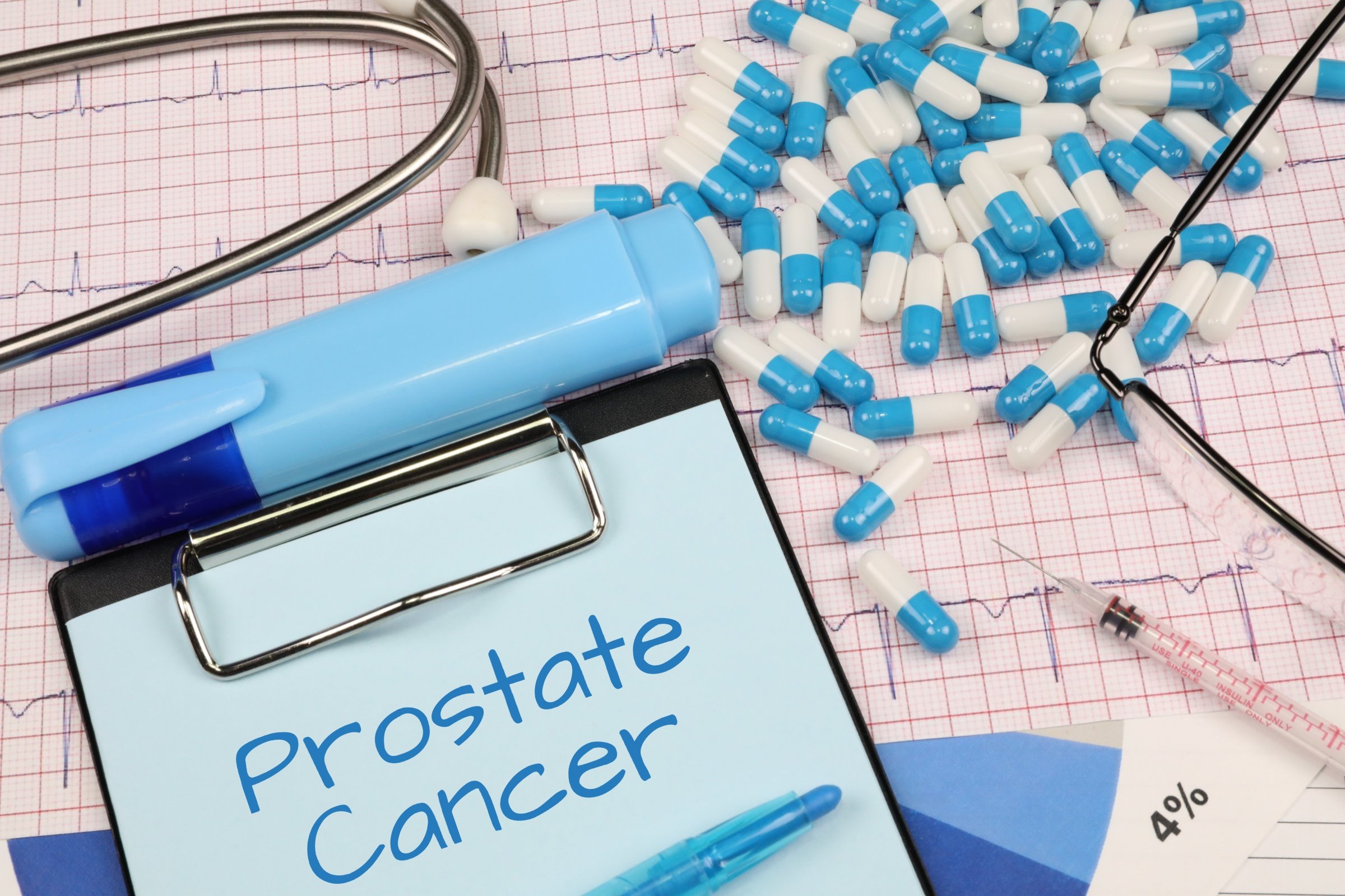Receiving a prostate cancer diagnosis may be life-changing, but there are steps you can take to support your overall health. Making mindful changes to your lifestyle can help improve your quality of life, enhance your body’s resilience, and maintain your well-being. Here are some effective lifestyle adjustments that are practical and supportive:
Balanced Diet
What you eat has a direct impact on your overall health, including when you are managing this form of cancer. A diet rich in fruits, vegetables, and whole grains provides the nutrients your body needs to stay strong. To improve your cellular health, vegetables like broccoli, spinach, and tomatoes are rich in antioxidants, and they play a supportive role. Also, you can pair these with healthy fats found in fish, nuts, and avocados, which helps create well-rounded meals.
Reducing red meat and processed foods is also helpful for people with prostate cancer. Opt for plant-based proteins, such as legumes and tofu, when preparing meals. These choices are taken to nourish your body and also help support a healthy weight, a factor closely tied to better prostate cancer outcomes.
Active Lifestyle
Regular physical activity is another significant way to manage your health. It improves energy levels, supports immune function, and boosts emotional well-being. Walking, cycling, or gentle swimming are effective options that cater to individuals of varying fitness levels. Aim to incorporate 30 minutes of moderate exercise on most days of the week.
Gardening or light stretching can make a difference, easing tension in your body. Exercise can also contribute to better health for people with this form of cancer. It contributes to maintaining strength and managing treatment side effects. Start slowly if you haven’t exercised in a while, and gradually increase your intensity as your body adjusts.
Healthy Weight
Your weight plays a big part in managing prostate cancer effectively, and carrying excess weight around the abdomen can lead to several health complications. Maintaining a healthy weight within a normal range may support better outcomes during treatment, which is fundamental for overall well-being. To maintain or achieve a healthy body weight, focus on portion control and eating mindfully.
Smoking Cessation
Quitting smoking is beneficial for overall health and recovery. Smoking has been linked to aggressive forms of prostate cancer, so avoiding it entirely is a positive step forward. If quitting feels challenging, reach out to a support group or a healthcare provider to explore resources that can help.
Moderating alcohol intake is also supportive, allowing your body to heal. While an occasional drink might not interfere with your treatment, excessive drinking places additional stress on your body. Sticking to recommended guidelines makes your body focus on recovery.
Talk to a Doctor About Prostate Cancer
Making these lifestyle changes may be challenging at first, but you don’t have to change everything at once. Start with minor steps, such as adding more vegetables to your meals or taking a 15-minute walk daily. Gradually, as you incorporate these habits, they might become second nature. Contact a urologist and reach out to a clinic to learn more about ways to combat the effects of prostate cancer.
- When to See a Foot and Ankle Surgeon
- Top Benefits of Visiting a Vein Clinic for Early Treatment of Vein Issues
- The Intersection of Gynecology and Endometriosis Treatment
- Regenerative Orthopedics for Post-Surgery Healing
- The Role of Pain Management in Living with Chronic Pain
